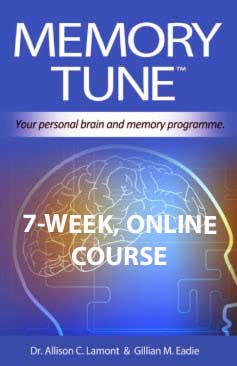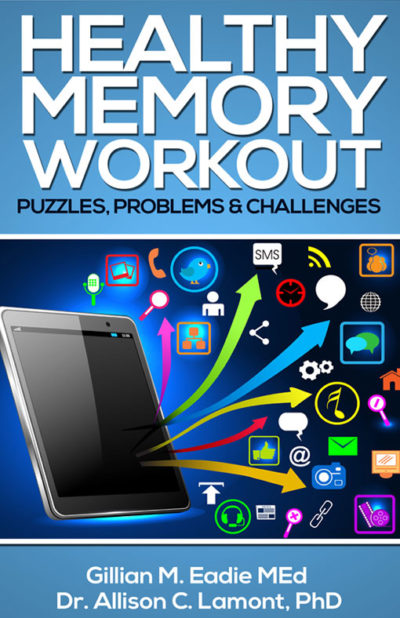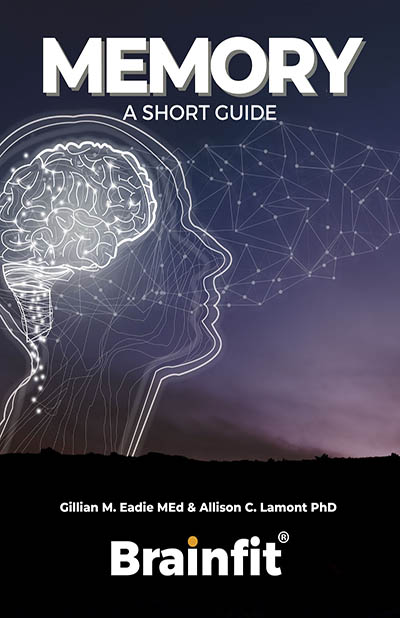Feed Your Brain Protein – the ‘Lego’ of Life
 Picture this: A child happily playing with Lego blocks, building all sorts of wonderful creations; houses, cars, scary monsters, trucks – the imagination is limitless.
Picture this: A child happily playing with Lego blocks, building all sorts of wonderful creations; houses, cars, scary monsters, trucks – the imagination is limitless.
Well, now try and imagine for yourself that those Lego blocks are proteins – because proteins are literally the building blocks of life[1].
Protein gives us the raw materials that make up all of our body tissue and next to water, protein makes up most of our body weight. Muscles, organs, hair, nails lots of hormones, red blood cells (the all important oxygen carriers), and the brain are all composed of protein, so it’s obvious why protein is an important part of the diet. For a healthy, alert, ever-growing brain we need a balance of lean protein, good fats and complex carbohydrates along with plenty of water.
Basically, whether you’re shopping, doing the Sudoku, cooking, studying, hiking or just sitting in the sun reading a book, protein is doing important work like sparking new brain connections, moving your lungs and protecting you from disease
Protein is brain-food at its finest!
Proteins in our diet affect brain performance because they provide the amino acids (simply put, protein is made of amino acids) that make up our neurotransmitters. Think of neurotransmitters as biochemical messengers whose job it is to carry signals from one brain cell to another. These brain cells then transmit various signals to the different parts of the body to carry out their individual tasks. The better these messengers are fed, the more efficiently they deliver the goods. (Think Mother telling daughter to clean her room, and daughter then paying younger brother to do it – the more he’s paid, the cleaner the room!). You can see why it’s so important to be eating plenty of good protein – without it, the messengers won’t be working fast enough to keep your mind and memory sharp!
Protein – amino acids – are also essential for our happiness. When we don’t eat enough good protein, the brain can’t produce enough neurotransmitters such as serotonin, which is one of the main chemicals which regulates our moods. Some doctors practising in natural medicine believe that amino acid therapy is more effective in some cases than the traditional drugs that are used to treat depression. Eating good sources of protein helps to boost our levels of serotonin and dopamine and this is really important as these help to boost energy, mental clarity, and basically make you feel happier as well as regulate pain, reduce anxiety, initiate deep sleep. Char grilled chicken fillet anyone?
So What Should I Eat?
Fortunately this is a really easy question to answer, as great sources of lean protein are available everywhere these days, meaning it’s very convenient to include some protein with every meal.
- Beef, poultry, pork and lamb
- Fish and shellfish – oily fish like salmon is great for the brain
- Dairy products – cottage cheese, yoghurt, milk
- Eggs
- Tofu and soy products
- Nuts and seeds
- Peanut butter
- Beans and legumes
By eating protein with each meal you are doing your brain a huge favor, feeding it to function well and have those neurotransmitter messengers running on full speed throughout the day!
Gillian M Eadie
CEO
The Brain and Memory Foundation
The author, Gillian Eadie founded the Brain and Memory Foundation. Gillian is an award-winning educator with more than 20 years as a principal at several prestigious private schools and is a Churchill Fellow. For more free help and personal advice on diet, exercise, brain food and improving your memory, please visit the Brainfit.World. You’ll find lots more information and tips like these in the great new book by Allison Lamont PhD and Gillian Eadie, 7-Day Brain Boost Plan and their eBook, Seven Second Memory.




